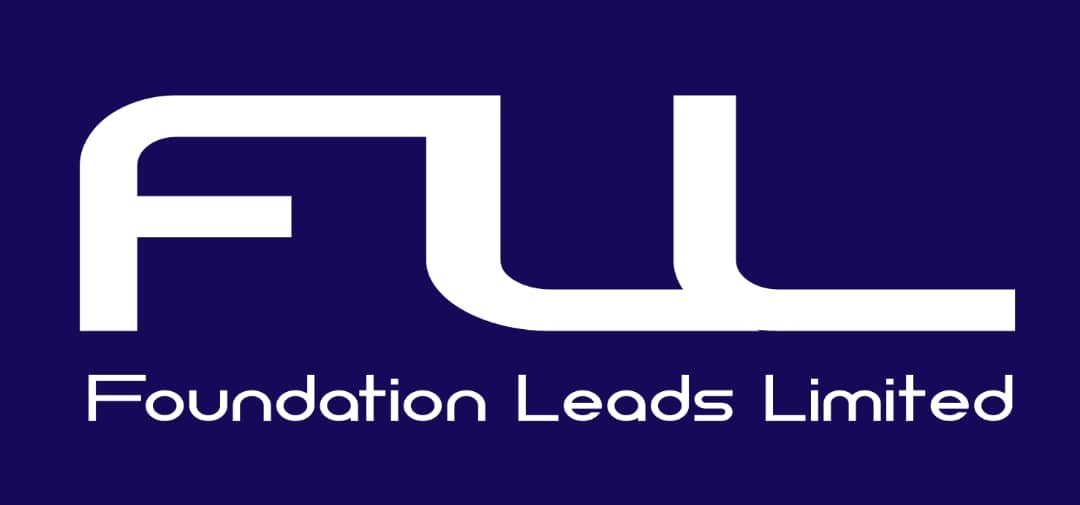The Government of Uganda has launched the Parish Development Model (PDM) as a key strategy for organizing and delivering public and private sector interventions to drive wealth creation and employment generation at the parish level. The PDM aims to support more Ugandans to increase their demand for goods and services by delivering services closer to the people and fostering local economic development. However, the success of the PDM hinges on the active participation and mindset change of communities across Uganda. This blog post explores the importance of community mobilization and mindset change in the context of the PDM, and provides insights on how to effectively engage communities to appreciate and support this transformative initiative.
Community mobilization and mindset change are critical for the success of the PDM for several reasons
Active participation of communities: The PDM requires the active participation of communities in identifying their needs, prioritizing interventions, and contributing to the implementation of development programs. Community mobilization helps to energize communities to respond appropriately to the PDM and actively engage in the process.
Ownership and sustainability: When communities are actively involved in the PDM, they develop a sense of ownership over the development initiatives. This ownership is crucial for the sustainability of the PDM, as communities will be more likely to protect and maintain the infrastructure and services provided under the model.
Mindset change for wealth creation: The PDM aims to support Ugandans to increase their demand for goods and services and generate wealth at the household level. However, this requires a mindset change among communities to embrace entrepreneurship, savings, and investment. Community mobilization and mindset change efforts can help to promote a culture of wealth creation and economic empowerment.
Addressing negative cultural beliefs and practices: Some communities in Uganda may have negative cultural beliefs or practices that hinder their participation in development programs. Community mobilization and mindset change initiatives can help to address these barriers and promote positive attitudes towards development.
Strategies for Engaging Communities in Mindset Change and Community Mobilization
To effectively engage communities in mindset change and community mobilization for the PDM, the Government of Uganda and its partners should adopt a multi-pronged approach
Capacity building for frontline workers
Equip and operationalize community mobilization and empowerment institutions and structures at the central, local government, and non-state actor levels to effectively mobilize citizens and disseminate information. This includes training community development officers, parish chiefs, and other frontline workers on community mobilization techniques and the PDM.
Community mobilization, mindset change education, and awareness raising: Conduct targeted campaigns to raise awareness about the PDM among communities, civil servants, the private sector, and civil society. These campaigns should focus on the benefits of the PDM, the roles and responsibilities of citizens, and the importance of mindset change for wealth creation.
Household mentorships, counseling, and coaching: Implement a household-level approach to mindset change, where community members are paired with mentors or coaches who can provide guidance and support on wealth creation, entrepreneurship, and positive attitudes towards development. This approach can help to create a ripple effect within communities.
Roll-out of the Integrated Community Learning for Wealth Creation model: Implement the Integrated Community Learning for Wealth Creation model, which focuses on specifically engaging the girl-child and their parents in mindset change and learning initiatives. This two-generational approach helps to bridge the knowledge gap between children and parents and promote shared visions for development.
Community institutional development
Strengthen community institutions, such as the Parish Development Committees, to effectively mobilize and engage communities in the PDM. These institutions can serve as platforms for community dialogue, decision-making, and collective action.
Strengthening community feedback mechanisms: Establish robust feedback mechanisms that allow communities to voice their concerns, provide input, and hold the government accountable for the implementation of the PDM. This can help to build trust and foster a sense of partnership between communities and the government.
Promoting positive mindsets and values
Develop and implement a national civic education program aimed at improving the level of awareness of roles and responsibilities of families, communities, and individual citizens. This program should also focus on inculcating positive mindsets, ethical values, and a sense of national identity among Ugandans.
Foundation Leads Limited (FLL) runs short courses on Entrepreneurship, Savings, and Investment, which are based on real-life experiences. Currently FLL is implementing the two-generational approach, This approach serves as a transformative learning and mindset change initiative that specifically targets both the girl-child and her parents in Uganda. This approach recognizes that sustainable development requires the active participation of both generations, fostering a shared vision for growth and prosperity.
The FLL’s short courses on entrepreneurship, savings, and investment are designed with real-life experiences in mind, ensuring that participants can relate to the content and apply it effectively in their daily lives. The curriculum is structured to address the unique challenges faced by families in Uganda, particularly in rural areas where traditional subsistence farming often limits economic opportunities. By integrating practical skills with theoretical knowledge, the courses empower participants to identify and seize opportunities for wealth creation, thereby fostering a culture of entrepreneurship within families.
The delivery of these courses is rooted in experiential learning, where participants engage in hands-on activities that reflect their lived realities. For instance, the curriculum includes modules on business planning, market analysis, and financial management, all tailored to the local context. This approach not only equips participants with essential skills but also encourages them to share their newfound knowledge with their families and communities. By emphasizing the importance of savings and investment, the courses aim to shift mindsets from mere survival to proactive wealth creation. We call upon women entrepreneurs to embrace this call. For details get in touch by filling up a form for further management. Contacts Us


